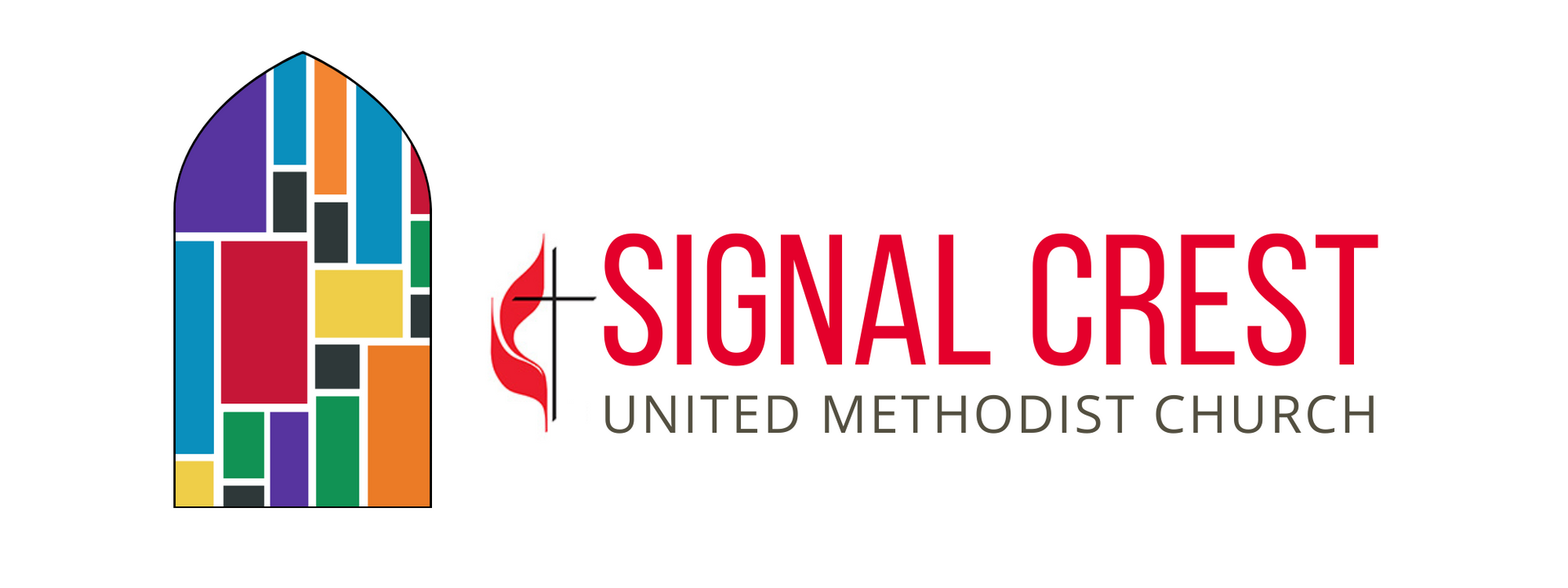Best Christmas Gift Ever
These past few weeks, I have been making my way through Jon Meacham’s biography of Abraham Lincoln, And There Was Light. The other night, I was reading about his signing the Emancipation Proclamation, the delivery of the news of which, two and a half years later, in Galveston, Texas, is the reason we celebrate Juneteenth today. But in 1863, the Civil War was going poorly for the Union side. Lincoln was feeling rather discouraged. He found a small Bible and sat down in the family library of the White House and began to read from it.
A short while later, Elizabeth Keckly, who was a formerly enslaved woman now serving as Mary Lincoln’s dressmaker, noticed that the president’s face “seemed more cheerful.” She observed, “the change was so marked that I could not but wonder at it, and wonder led to the desire to know what book of the Bible afforded so much comfort to the reader” (qtd. 289). It turns out he was reading the book of Job.
According to Meacham, “the story of a faithful but unfortunate man whom God tested through tribulation…was a fitting biblical parallel for the wartime Lincoln. Beset by constant trial, the president struggled with the most complicated and charged of military matters, political realities, and moral decisions” (290).
As it turns out, in our plan for reading through the Bible this year, we are currently reading through the book of Job. Two whole weeks in Job. In the middle of June. Fun times.
I was surprised to learn that Job seemed to have brought Lincoln some comfort, or at least companionship. I can’t help but wonder what particular passage(s) seemed to brighten the president’s countenance. I wonder, for example, if it was Job’s sarcasm toward his three “friends” who weren’t being very comforting to him in his misery. “How you have helped the powerless!” Job retorts. “How you have enlightened my stupidity!” (Job 26:2-3 NLT). I chuckled myself when I read that.
We’re still making our way through Job. We’ve got a few more days to go. But I’m actually enjoying rediscovering how profound its reflections on human life before the Almighty God are.
For example, Job 28 describes how we know how to go down deep into the bowels of the earth and mine precious jewels like onyx and sapphire. “But do people know where to find wisdom?” Job asks. “Where can they find understanding? For it is hidden from the eyes of all humanity. Even the sharp-eyed birds in the sky cannot discover it. But Destruction and Death say, ‘We have heard a rumor of where wisdom can be found.’” (Job 28:20-22).
That last line stopped me. Death and Destruction, personified here in this passage, might know the way. They have heard a rumor of the route to wisdom.
It’s a hard saying to accept, but it’s probably true. Suffering seems to have a way of cutting the clearest path to the deepest wisdom. It was true for Abraham Lincoln. It was true for Job. It was true for Jesus. Maybe it’s true for you, too.

